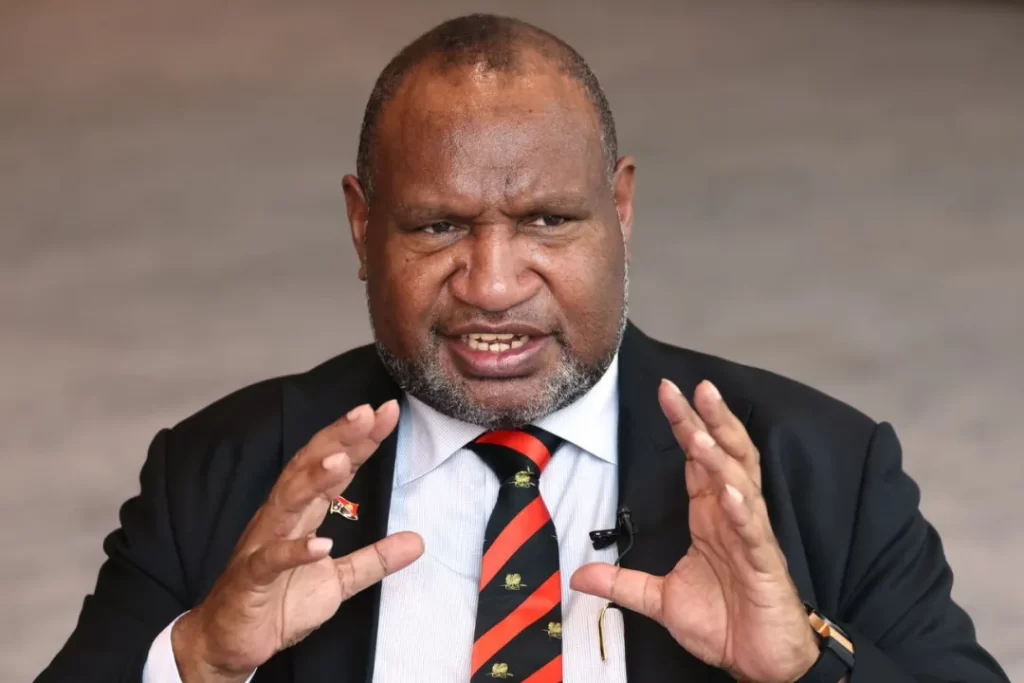Papua New Guinea Prime Minister James Marape has reaffirmed his government’s commitment to adjusting the national minimum wage to ensure that workers’ salaries keep pace with the rising cost of living.
Speaking on FM100’s talkback program, Marape noted that the Minimum Wage Board has not convened since 2014–2015, but has now resumed work under the leadership of Minister for Labour and Employment, Kessy Sawang. He commended Minister Sawang’s efforts in reviving the tripartite consultation mechanism.
Marape pointed out that the current minimum wage remains at K3.50 per hour. The government acknowledges the need for an update and is working closely with stakeholders, including the Employers Federation, to ensure any wage adjustments are fair, sustainable, and aligned with the broader economic context.
He emphasized that while raising the minimum wage is important, the government must also be cautious not to impose undue pressure on businesses, particularly small and medium enterprises (SMEs), which play a crucial role in national economic development.
To this end, the government is engaging in extensive consultations to determine a balanced approach that safeguards workers’ welfare without compromising business viability.
Marape also highlighted that the minimum wage adjustment forms part of the government’s long-term employment strategy, which aims to create one million jobs and improve the overall labour market in PNG. Additionally, the government plans to conduct a labour force survey to gain more accurate insights into employment trends, wage structures, and market demand.
The new minimum wage rate will be officially announced once the Minimum Wage Board completes its review.


